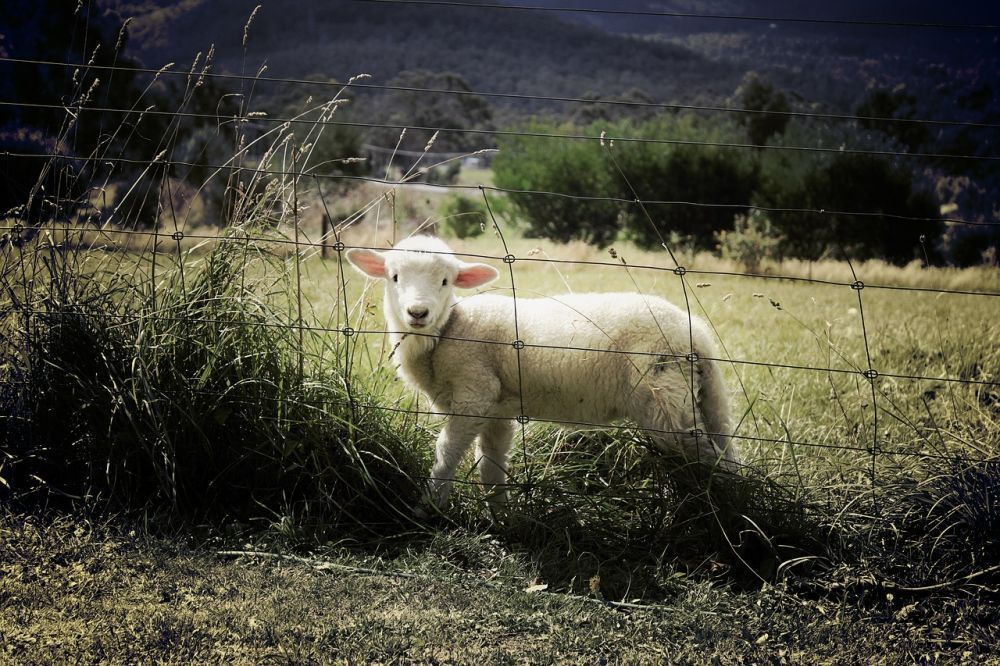
How to Choose the Best Fence for Farms
Whether you’re a serious commercial farmer or you’ve just bought your dream patch of land, there’s something about owning space that just feels different.
However, when you realize that you have no idea how to choose the best fence for farms but that you also need miles and miles of the stuff, it can get a bit daunting! Here’s how to choose the best fence for farms.
Low Cost and Easy to Install
Probably the number one factor for most people figuring out how to choose the best fence for farms is cost. However, if you’re only focused on material costs, you might want to broaden your investigation.
Labor rates for fencing are often calculated per hour or per day, so the harder your fence is to install, the more it’s likely to cost you.
Even if you plan to install your fence yourself, factor this in. You don’t want to choose a farm fence that requires equipment you don’t have to install!
Readily Available
Over the past few years and decades, there have been more and more proprietary fence systems and products released on the market.
However, the last thing you want when you need to add to your fence, repair a section or replace something is to try and track down a supplier who actually stocks it!
The best farm fence systems are simple and constructed from materials that are widely available. This means that when you do need to buy more material, it’s easy to find and won’t cost a designer fortune!
What You Need to Keep In – and Out!
Fences are usually installed to keep things in or out, and sometimes both.
In the case of farm fences, this gets a little trickier because there are many variables!
If you’re looking to keep deer out of the vegetable patch, for instance, you will need a fence that is 8 feet or taller.
If you need to keep smaller predators out of the chicken coop, chicken wire is probably a good idea, but if you’re more concerned with larger animals, a farm fence could get the job done.
Then there are things you want to keep in.
Ranch-style fences work well for larger animals like horses, but they’re no good for pets, dogs or smaller livestock.
Chain link or rolled welded mesh fences are a good choice for farm yards, where there are many things that need to be kept in and out, but they are often much more expensive.
There are so many things to consider when it comes to what your fence needs to do that it might be best to list everything that needs to be contained or protected and speak to a fencing pro in your area for ideas.
Mix It Up
Another thing to consider when choosing the best fence for farms is that you don’t have to choose only one type.
You can have one type of fence around the outer perimeter of your property, another for large animals, different fences for chicken coops and gardens, and so on.
If you’re really not sure what kind of fences you need for your farm, a local fence supplier or installer should be able to make suggestions for all of these uses so you get the right kind of fence for every situation.
A Note On Farm Fence
One important thing you need to realize about farm fences is that not all fence companies install them, and even those who do might not do all types of farm fences.
So you might need to shop around to find a company or companies that can do the types of farm fence you need for your property.


